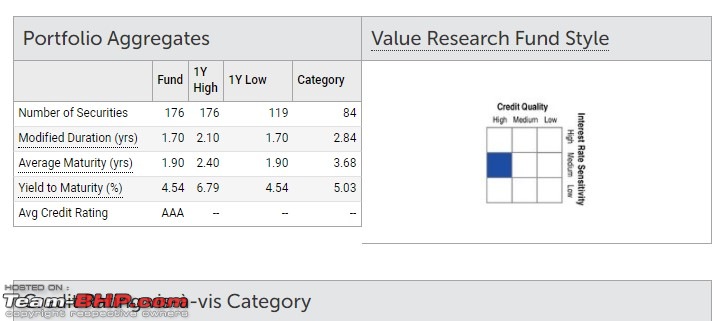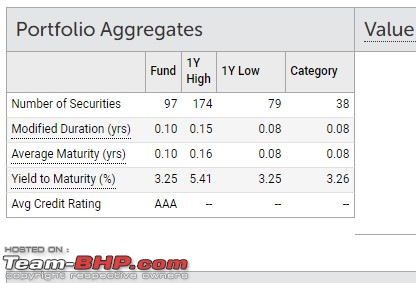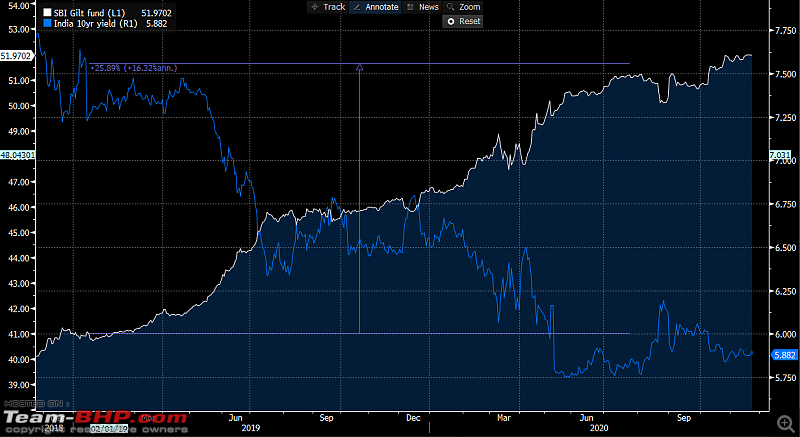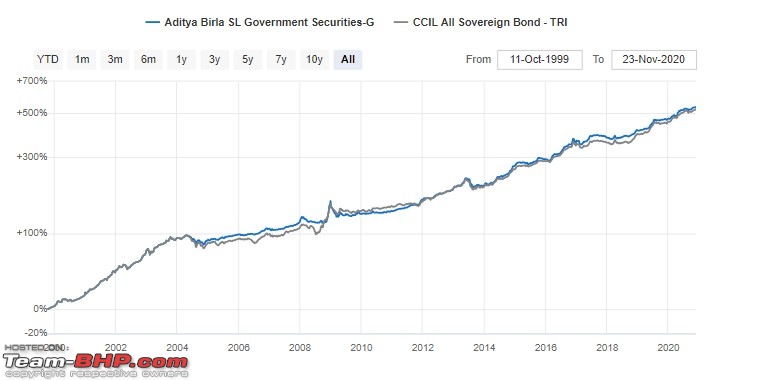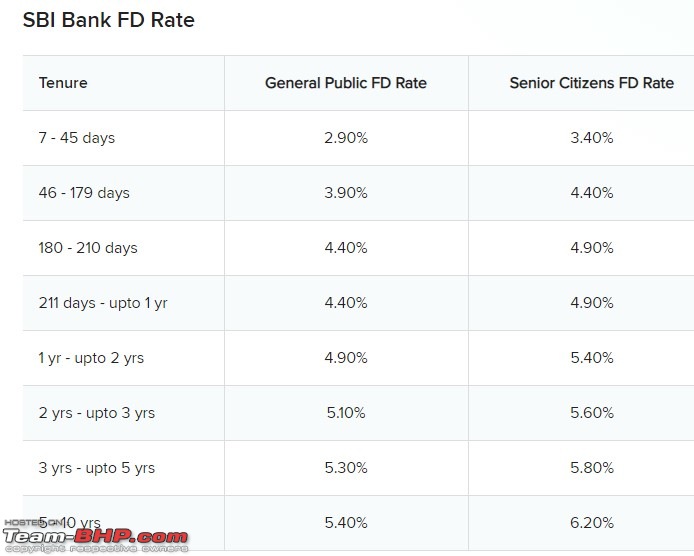| | #1 |
| Team-BHP Support  | |
| |  (26)
Thanks (26)
Thanks
|
| |
| | #2 |
| BANNED Join Date: Mar 2007 Location: Kolhapur
Posts: 1,717
Thanked: 1,901 Times
Infractions: 0/1 (7) | |
| |  (3)
Thanks (3)
Thanks
|
| | #3 |
| Team-BHP Support  | |
| |  (6)
Thanks (6)
Thanks
|
| | #4 |
| BHPian Join Date: Oct 2019 Location: Bangalore
Posts: 497
Thanked: 1,284 Times
| |
| |  (2)
Thanks (2)
Thanks
|
| | #5 |
| BANNED Join Date: Mar 2007 Location: Kolhapur
Posts: 1,717
Thanked: 1,901 Times
Infractions: 0/1 (7) | |
| |  (1)
Thanks (1)
Thanks
|
| | #6 |
| Team-BHP Support  | |
| |  (1)
Thanks (1)
Thanks
|
| | #7 |
| BHPian Join Date: Nov 2009 Location: Mumbai & BLR
Posts: 790
Thanked: 553 Times
| |
| |
| | #8 |
| Team-BHP Support  | |
| |  (1)
Thanks (1)
Thanks
|
| | #9 |
| BHPian Join Date: Oct 2019 Location: Bangalore
Posts: 497
Thanked: 1,284 Times
| |
| |
| | #10 |
| Team-BHP Support  | |
| |  (4)
Thanks (4)
Thanks
|
| | #11 |
| BANNED Join Date: Mar 2007 Location: Kolhapur
Posts: 1,717
Thanked: 1,901 Times
Infractions: 0/1 (7) | |
| |
| |
| | #12 |
| Team-BHP Support  | |
| |
| | #13 |
| BANNED Join Date: Mar 2007 Location: Kolhapur
Posts: 1,717
Thanked: 1,901 Times
Infractions: 0/1 (7) | |
| |
| | #14 |
| Team-BHP Support  | |
| |  (1)
Thanks (1)
Thanks
|
| | #15 |
| Team-BHP Support  | |
| |  (2)
Thanks (2)
Thanks
|
 |
Most Viewed




